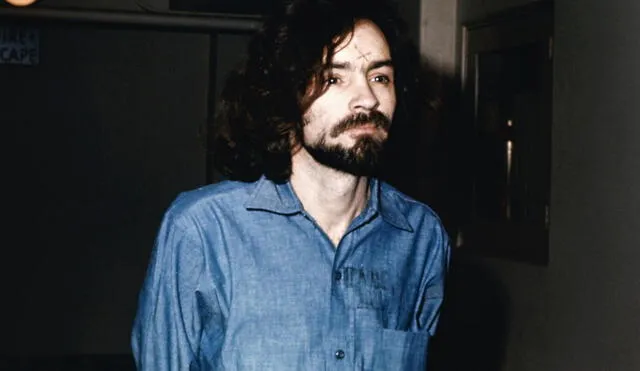Errol Morris' "Chaos" reopens Manson case: Conspiracy theories and unsettling questions emerge
Errol Morris' new Netflix documentary, "Chaos: The Manson Murders," delves into alternative theories surrounding the infamous case, raising unsettling questions about the official narrative.

Errol Morris, known for his probing documentaries, has turned his lens to the Charles Manson murders in "Chaos: The Manson Murders." This new Netflix documentary explores the theories presented in Tom O'Neill's book "Chaos: Charles Manson, the CIA, and the Secret History of the Sixties," challenging the long-accepted narrative of the Manson Family's crimes. Morris' work dives deep into the complex web of conspiracy theories, raising questions about potential government involvement and the true nature of the events.
The documentary doesn't simply retell the gruesome details of the murders. Instead, it focuses on the investigative journey of O'Neill, who spent decades uncovering potential inconsistencies and hidden connections. By focusing on the alternative theories, the film brings a new perspective to a very well-known crime.

Chaos: The Manson Murders' Review: Netflix Doc on Charles Manson. Photo: IndieWire.
"Chaos" explores Manson's potential ties to government programs
"Chaos: The Manson Murders" delves into the controversial theory that Charles Manson's actions were influenced by or connected to covert government programs, particularly those involving mind control and social disruption. This theory, while unsettling, raises valid questions about the complexities of the era and the potential for hidden agendas. According to O’Neill, Manson’s time as a parolee in the Bay Area coincided with the time the government was conducting research into the effects of drugs such as LSD on individuals’ mental states.
Morris' documentary skilfully weaves together archival footage, interviews and investigative insights, allowing viewers to consider the alternative perspectives. The film examines the possibility that the official narrative, as presented in the "Helter Skelter" theory, might not be the complete story. During that time, Manson and his followers frequented the Haight Ashbury Free Clinic for treatment as well as to meet with his parole officer Roger Smith. Patients of the clinic were reportedly used as research subjects for these mind control studies. O’Neill also explains that psychiatrist Louis Jolyon “Jolly” West, who is known to have ties to the MKUltra project, was conducting research on brainwashing in the Haight-Ashbury area at that time.
Errol Morris challenges the official Manson murders narrative
One of the key aspects of "Chaos" is its exploration of the social and political climate of the late 1960s. The era was marked by widespread distrust of authority, anti-war protests, and a growing counterculture. In this context, the idea of government involvement in Manson's activities, however far-fetched, gains a certain level of plausibility.
The documentary also highlights the challenges of uncovering the truth, especially when dealing with events from the past. O'Neill's decades-long investigation reveals the difficulties of piecing together fragmented information and navigating conflicting accounts. The documentary shows the difficulty in separating fact from speculation. "Chaos: The Manson Murders" leaves viewers with more questions than answers. It challenges us to reconsider what we think we know about the Manson case and to acknowledge the possibility that there may be deeper, more complex layers to this dark chapter in American history.












